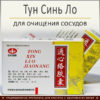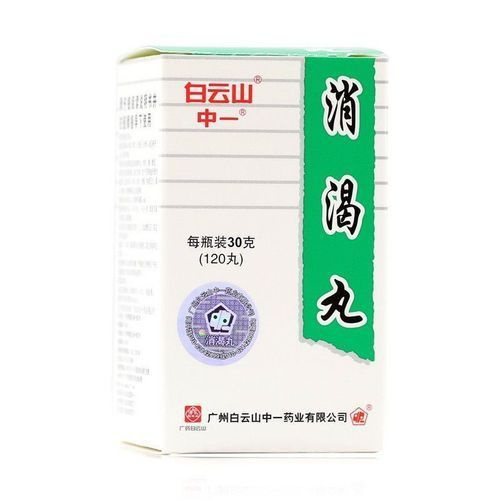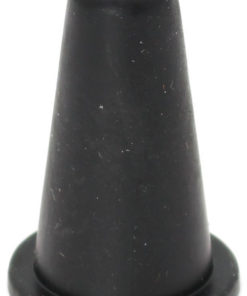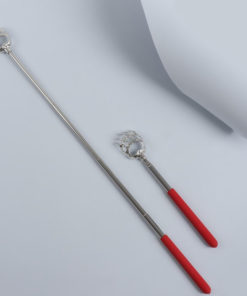-
×
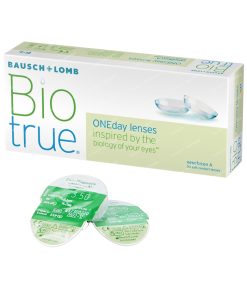 Soft contact lenses Biotrue ONEday (nesofilcon A) -1.00
1 × $9.00
Soft contact lenses Biotrue ONEday (nesofilcon A) -1.00
1 × $9.00 -
×
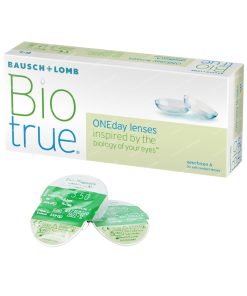 Soft contact lenses Biotrue ONEday (nesofilcon A) -2.75
1 × $9.00
Soft contact lenses Biotrue ONEday (nesofilcon A) -2.75
1 × $9.00 -
×
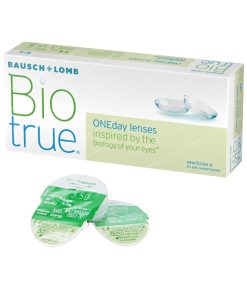 Soft contact lenses Biotrue ONEday (nesofilcon A) -1.25
1 × $9.00
Soft contact lenses Biotrue ONEday (nesofilcon A) -1.25
1 × $9.00 -
×
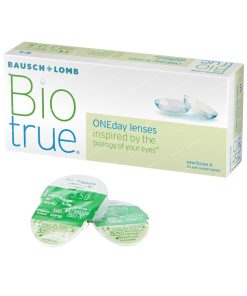 Soft contact lenses Biotrue ONEday (nesofilcon A) -6.50
1 × $9.00
Soft contact lenses Biotrue ONEday (nesofilcon A) -6.50
1 × $9.00 -
×
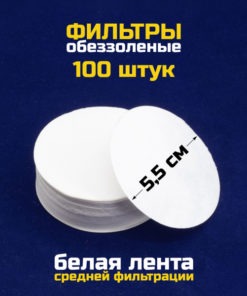 55mm Ashless Filter Papers, White Ribbon, 100 Count
1 × $9.00
55mm Ashless Filter Papers, White Ribbon, 100 Count
1 × $9.00 -
×
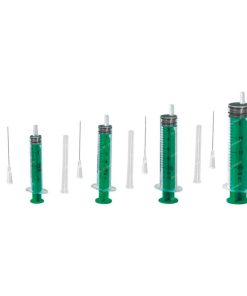 Syringe Avanti Medical three-component single use sterile with a needle 20.0 ml
1 × $9.00
Syringe Avanti Medical three-component single use sterile with a needle 20.0 ml
1 × $9.00 -
×
 Olive Green Convertible Multi-Purpose Tote Bag SURT-01
1 × $109.00
Olive Green Convertible Multi-Purpose Tote Bag SURT-01
1 × $109.00 -
×
 Si-Line Silicone Vacuum Massage Cups Set: 4 Cups, Face Brush & Case
1 × $39.00
Si-Line Silicone Vacuum Massage Cups Set: 4 Cups, Face Brush & Case
1 × $39.00 -
×
 Kuznetsov Applicator: 41x60cm Acupuncture Mat with Magnetic Inserts (Sharper Needles, Soft Backing)
1 × $69.00
Kuznetsov Applicator: 41x60cm Acupuncture Mat with Magnetic Inserts (Sharper Needles, Soft Backing)
1 × $69.00 -
×
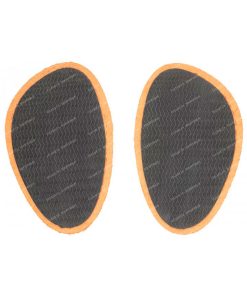 TOP Suede midsoles (1 pair per pack)
1 × $19.00
TOP Suede midsoles (1 pair per pack)
1 × $19.00 -
×
 Turbo Ozempic Diet Pills: Fast Weight Loss (60 Capsules)
2 × $109.00
Turbo Ozempic Diet Pills: Fast Weight Loss (60 Capsules)
2 × $109.00 -
×
 Insoles Ayurveda 1B size 17 (combined)
1 × $9.00
Insoles Ayurveda 1B size 17 (combined)
1 × $9.00 -
×
 Orthopedic insoles for men (UE, ST-105.1/ST-105.B, r40)
1 × $39.00
Orthopedic insoles for men (UE, ST-105.1/ST-105.B, r40)
1 × $39.00 -
×
 Farmland Glucose solution, 50 mg / ml, 500 ml.
1 × $9.00
Farmland Glucose solution, 50 mg / ml, 500 ml.
1 × $9.00 -
×
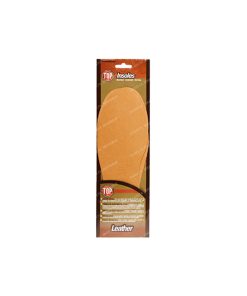 TOP Genuine leather insole (1 pair per pack)
1 × $19.00
TOP Genuine leather insole (1 pair per pack)
1 × $19.00 -
×
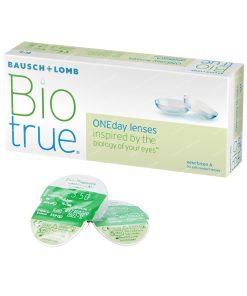 Soft contact lenses Biotrue ONEday (nesofilcon A) -3.25
1 × $9.00
Soft contact lenses Biotrue ONEday (nesofilcon A) -3.25
1 × $9.00 -
×
 VEYLE ERGO Memory Foam Pillow: Anatomical Support (39x59x10cm)
2 × $79.00
VEYLE ERGO Memory Foam Pillow: Anatomical Support (39x59x10cm)
2 × $79.00 -
×
 White Disposable Cat Mask
1 × $9.00
White Disposable Cat Mask
1 × $9.00 -
×
 Pine Extract Briquettes (Direct from Manufacturer)
2 × $19.00
Pine Extract Briquettes (Direct from Manufacturer)
2 × $19.00 -
×
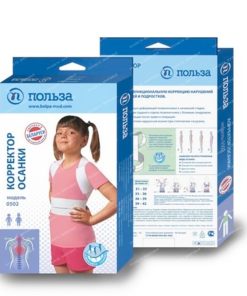 Posture corrector size 1 model 0502 (white)
1 × $29.00
Posture corrector size 1 model 0502 (white)
1 × $29.00 -
×
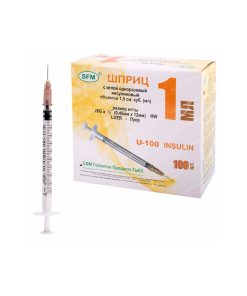 Syringe erased. one time insulin 1.0ml with a 26G x 1/2" needle (0.45mm x 12mm)
1 × $9.00
Syringe erased. one time insulin 1.0ml with a 26G x 1/2" needle (0.45mm x 12mm)
1 × $9.00 -
×
 White Crochet Mesh Hat
1 × $9.00
White Crochet Mesh Hat
1 × $9.00 -
×
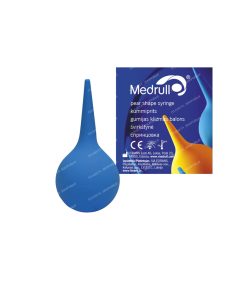 Medrull syringe type A with soft tip A-1 volume 35ml
1 × $9.00
Medrull syringe type A with soft tip A-1 volume 35ml
1 × $9.00
Subtotal: $854.00

